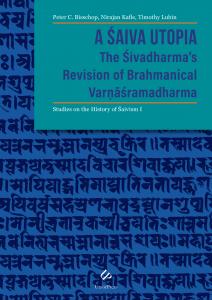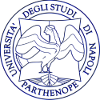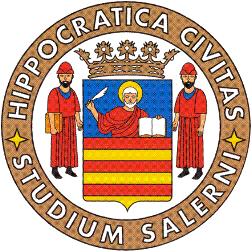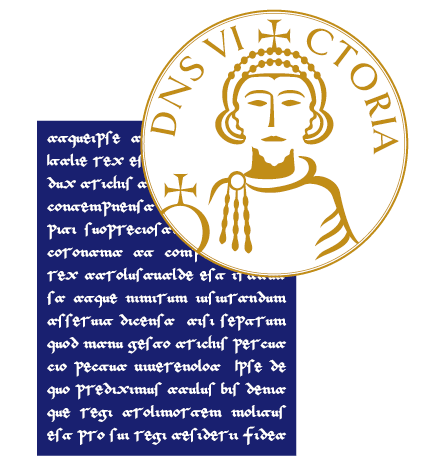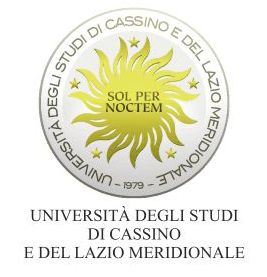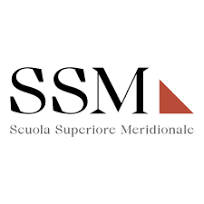A Śaiva Utopia: The Śivadharma’s Revision of Brahmanical Varṇāśramadharma
Keywords:
Śivaismo, Śivadharma, religioni indiane, Dharmaśāstra, società indiana nel medioevoSinossi

Editore: UniorPress
Collana: Studies on the History of Śaivism
Pagine: 202
Lingua: Italiano
NBN: http://nbn.depositolegale.it/resolver.pl?nbn=urn:nbn:it:unina-28032
Abstract: A Śaiva Utopia verte sul capitolo undicesimo dello Śivadharmaśāstra, intitolato "Capitolo sui ruoli sociali secondo Śiva" (Śivāśramādhyāya). L'edizione critica del testo sanscrito di questo capitolo, e una traduzione annotata in inglese, sono introdotte da un ampio studio sulla revisione delle "regole sulle classi e sulle posizioni sociali" (varṇāśramadharma) bramaniche operata dallo Śivadharma, in cui si evidenzia la visione utopica di una società improntata alla devozione a Śiva. Il libro include anche l'edizione e traduzione inglese di un commento in sanscrito, preservato in un unico manoscritto in foglia di palma in grafia Malayalam, e si conclude con un'appendice che illustra la revisione dello Śivāśramādhyāya nel Bhaviṣyapurāṇa, in cui lo Śivadharma (religione di Śiva) è stato convertito nel Sauradharma (religione del Sole). A Śaiva Utopia si rivolge a tutti gli storici delle religioni indiane.
Downloads
